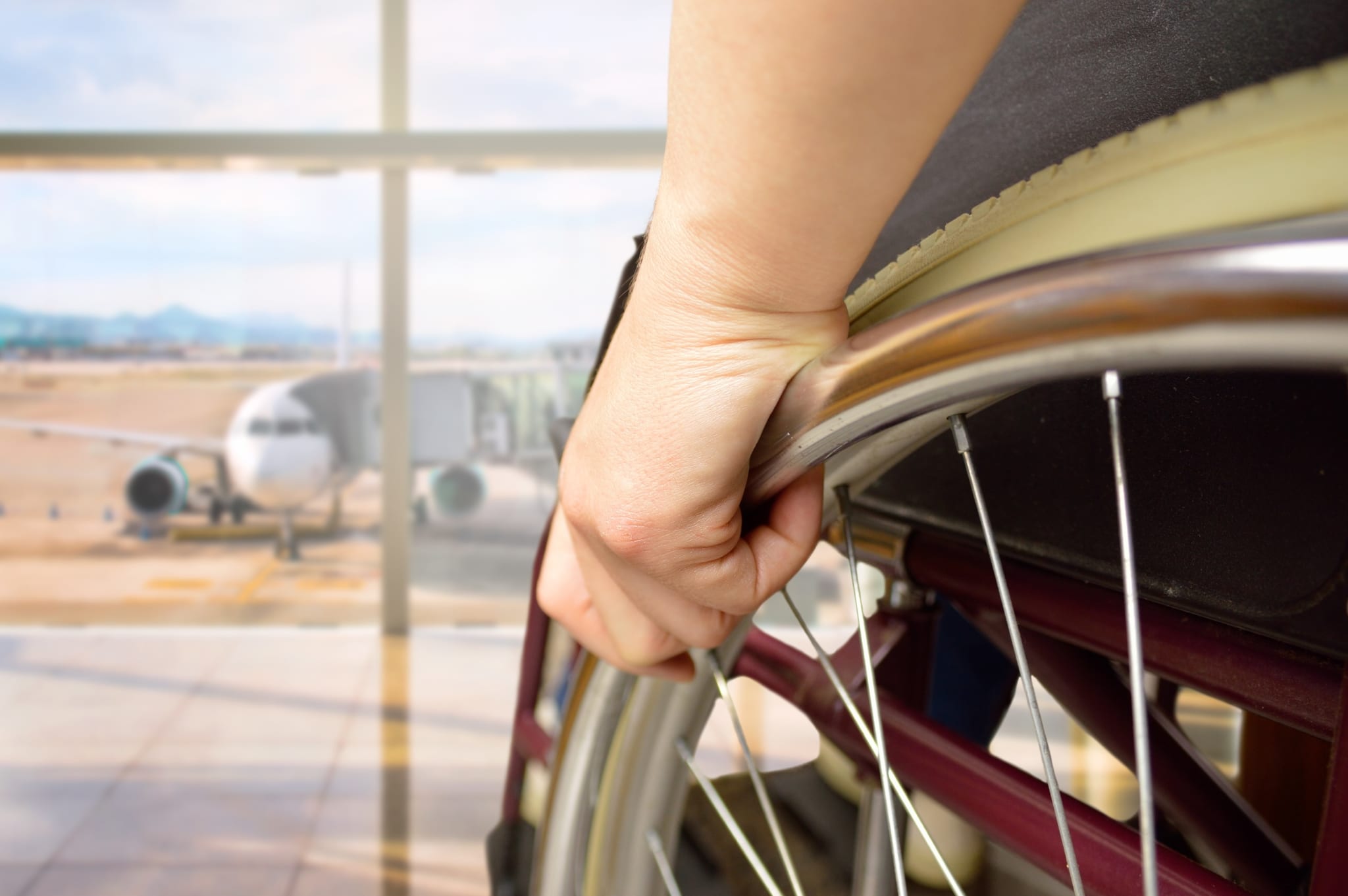The Transportation Task Force of the Consortium for Citizens with Disabilities sent Congress a letter imploring them to include and retain provisions of the Build Back Better Act that will improve transportation options for people with disabilities.
Read that letter below or click here to download a copy.
January 3, 2022
The Honorable Charles Schumer
Senate Majority Leader
S-221, The Capitol
Washington D.C. 20510
The Honorable Sherrod Brown
Chairman
Banking, Housing & Urban Affairs Committee
503 Hart Senate Office Building
Washington, DC 20510
The Honorable Tom Carper
Chairman
Environment & Public Works Committee
513 Hart Senate Office Building
Washington, DC 20510
The Honorable Nancy Pelosi
Speaker of the House
H-232, The Capitol
Washington, DC 20515
The Honorable Pat Toomey
Ranking Member
Banking, Housing & Urban Affairs Committee
455 Dirksen Senate Office Building
Washington, DC 20510
The Honorable Shelley Moore Capito
Ranking Member
Environment & Public Works Committee
172 Russell Senate Office Building
Washington, DC 20510
Dear Majority Leader Schumer, Speaker Pelosi, Chair Brown, Ranking Member Toomey, Chair Carper and Ranking Member Moore Capito:
The Consortium for Citizens with Disabilities (CCD) Transportation Task Force Co-Chairs write to thank you for your efforts to pass the Build Back Better (BBB) Act and to encourage retention of important elements to improve transportation access for people with disabilities. Nearly one in four people in the United States has a disability, and according to the Bureau of Transportation Statistics, approximately 25.5 million Americans experience barriers to transportation related to their disability. Below, we discuss three sections of the bill that specifically touch upon transportation access for people with disabilities that we strongly believe must be included in the final bill.
Sec. 110001: Affordable Housing Access Program
Under this section the Secretary of Housing and Urban Development and the Administrator of the Federal Transit Administration would distribute funds, including for enhanced access to grocery stores with fresh food, employment, education, and medical care for people in disadvantaged or low-income communities, or for low-income riders generally. Eligible activities include expanding transit service areas or frequency, providing fare-free or reduced fare service in rural and urban areas, and upgrading accessibility of bus or rail services for people with disabilities in disadvantaged neighborhoods. These provisions will assist people with disabilities in accessing ever-present needs. In addition, people with disabilities are disproportionately represented in lower income communities and would benefit.
Sec. 110003: Neighborhood Access and Equity Grants
This section would allow the Federal Highway Administration to provide grants, including to: improve walkability; increase safety and affordable transportation access; and build or improve complete streets and improvements for vulnerable road users which can include accessible sidewalks, curb ramps or audible pedestrian signals. Funding could also be used to assess transportation equity or pollution-impacts, develop local anti-displacement policies and community benefit agreements, and expand public participation in planning in disadvantaged or underserved communities.
Transportation can be expensive, which in turn disproportionately impacts those who live below the poverty line; the disability community makes up a large segment of that population. People with disabilities often cannot drive personal automobiles. As a result, safe, walkable communities are a necessity. All of these projects could better enable people with disabilities to access and have a say in transportation provision in their communities. When people with disabilities can access transportation, they can more easily benefit from and contribute to their communities.
Sec. 110006: Traffic Safety Clearinghouse
The Transportation Task Force supports funding for data collection, research and systems development for equitable traffic safety enforcement. Under this provision the National Highway Traffic Safety Administration could provide grants to operate a national clearinghouse for fair and equitable traffic safety enforcement programs, and develop information and educational programs on implementing equitable traffic safety enforcement. This funding could allow for data and research findings to be disseminated through technical assistance, and other recommendations. Should this provision remain, the concerns and needs of all travelers must be taken into account, particularly people with disabilities and Black, Indigenous and People of Color who are disproportionately impacted by unsafe roads and public rights of way, and harmful interactions with police during traffic stops.
Thank you for the opportunity to share why these provisions of the BBB Act are meaningful and will enhance equitable and safe access to transportation for persons with disabilities. Please let me know if I, or any of my co-chairs, can answer any of your questions. I can be reached at [email protected].
Sincerely,
CCD Transportation Task Force Co-Chairs:
Claire Stanley, National Disability Rights Network
Sarah Malaier, American Foundation for the Blind
Carol Tyson, Disability Rights Education and Defense Fund
Lee Page, Paralyzed Veterans of America
###
The Consortium for Citizens with Disabilities (CCD) is the largest coalition of national organizations working together to advocate for Federal public policy that ensures the selfdetermination, independence, empowerment, integration and inclusion of children and adults with disabilities in all aspects of society free from racism, ableism, sexism, and xenophobia, as well as LGBTQ+ based discrimination and religious intolerance.

